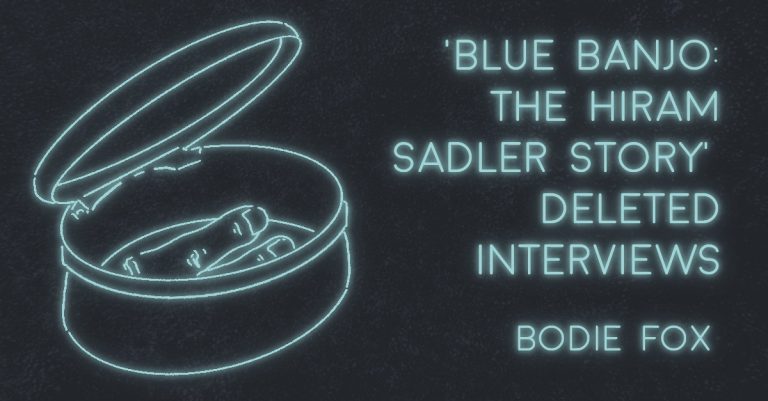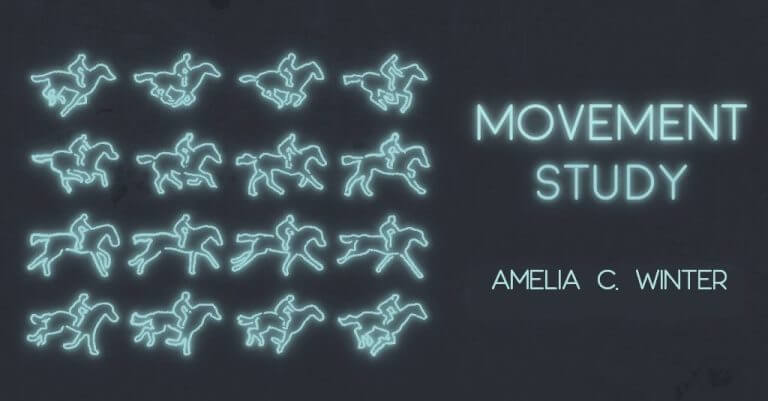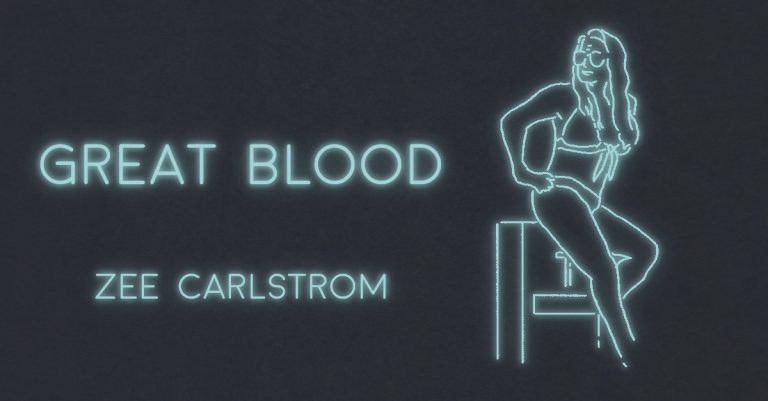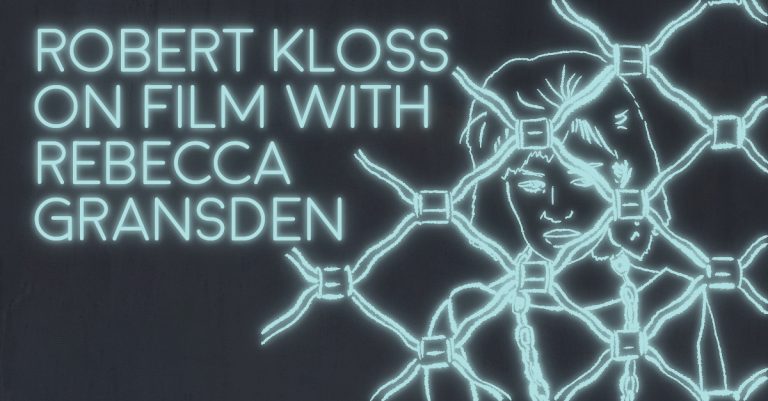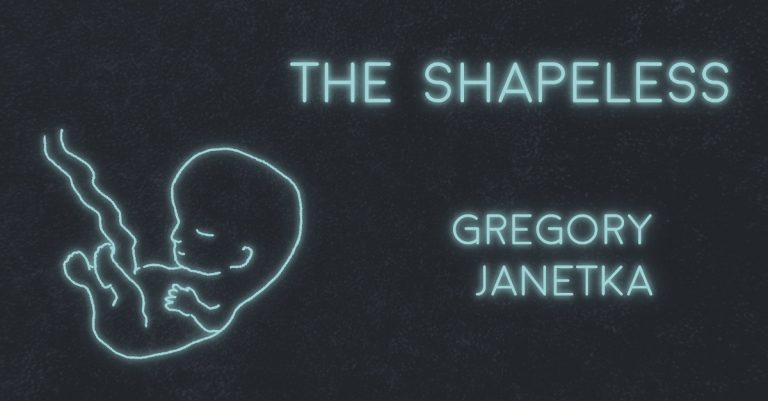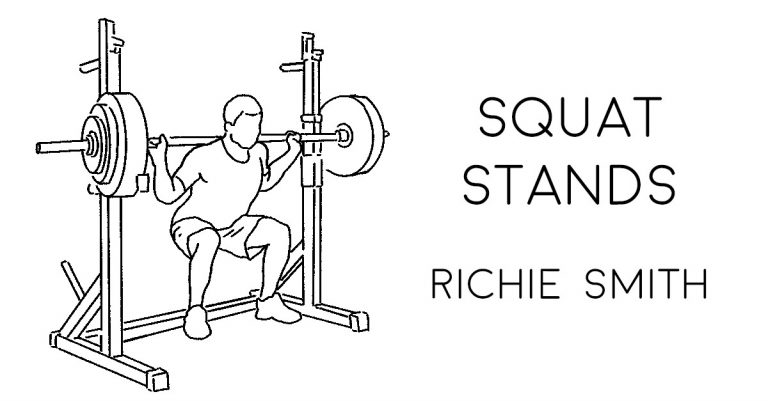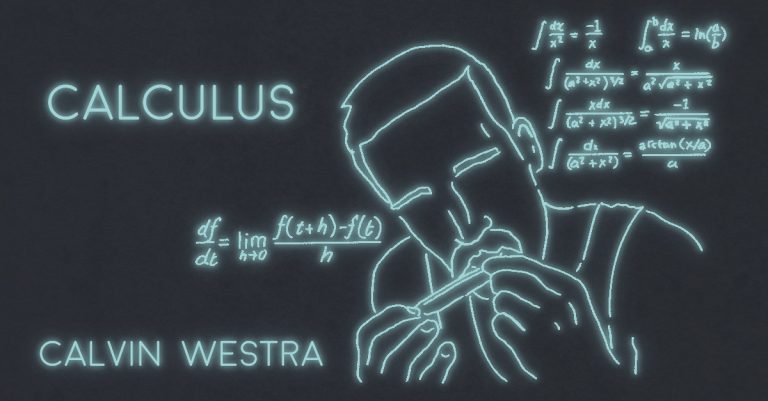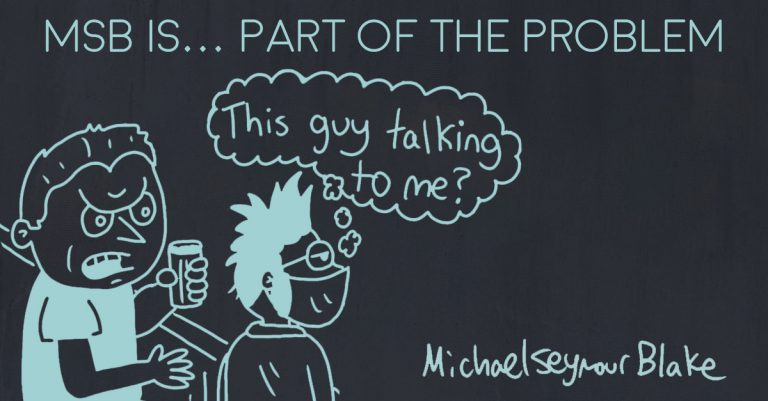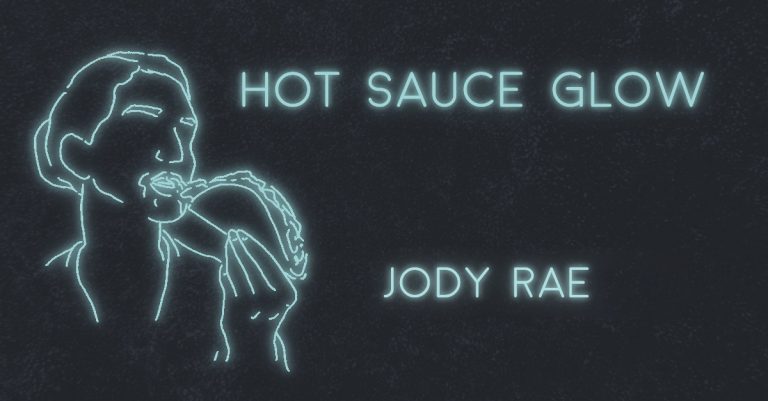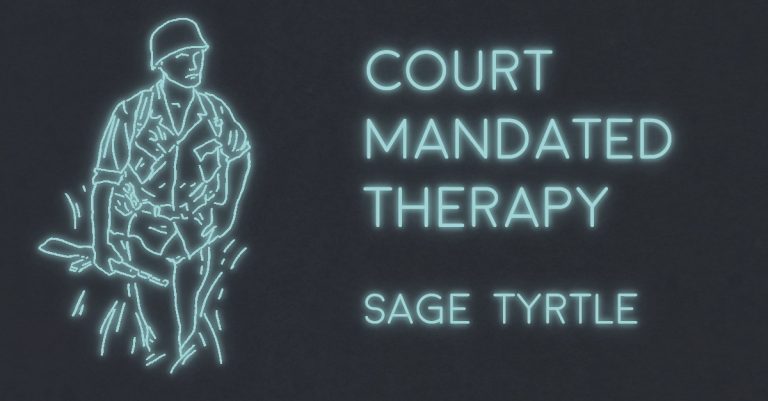
COURT MANDATED THERAPY by Sage Tyrtle
Bill is not having flashbacks to Vietnam. Even though the shiny-haired psychiatrist says there’s no doubt at all, even though the list of symptoms looks like his autobiography. Bill sits on the burnt orange couch. He looks at the palm frond wallpaper. He says in his most even tone, “No, I believe you’re mistaken,” and he’s being careful because if the psychiatrist decides that he’s a danger to himself or others then he could end up a Thorazine zombie like Harry Alessi up at the sanitarium. Bill clears his throat and makes himself look into the psychiatrist’s eyes. Makes himself

